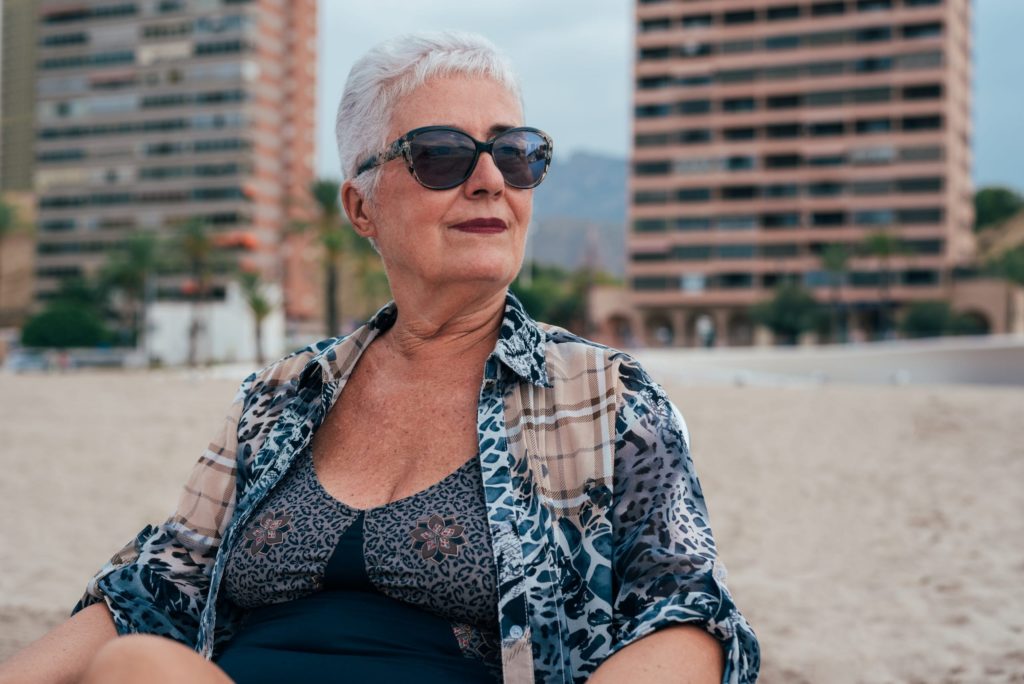A lot of the research into women’s health focusses on younger women in their reproductive years or even on women entering menopause. But women in their senior years have their own unique set of potential medical concerns and it is important to know what these are in order to take preventative measures to live a healthy life.
Here are a few examples:
- Bone Health – Women have smaller bones than men and during menopause, women experience hormonal changes that can put them at greater risk for osteoporosis. In fact, of all the osteoporosis cases in Canada, about 80% of them are women.
- Heart Health – Much of what is read in the media about the symptoms of heart disease tends to be focussed on men. But women experiencing a heart attack may not have the symptoms you might expect such as chest pain. Instead, they may experience other symptoms like nausea and back pain.
- Brain Health – Women are more frequently diagnosed with Alzheimer’s and dementia than men. Part of this may be because on average, women live longer, but hormones may also play a role.
- Incontinence – Did you know that women are twice as likely to experience incontinence as men? This could be caused by weakened pelvic muscles or even be a lingering result of childbirth.
- Depression and anxiety – Women are also more likely to experience depression and anxiety than men. Again, hormonal imbalances may play a role. Older women may also be more likely to have financial worries and loneliness.
What can be done?
If you are caring for an aging mother, grandmother or other female loved one, knowing the risk facts and preventive measures can help them live a healthier, and happier life.
You can do this by:
- Keeping up with regular medical appointments – your loved one’s physician will inform you of what tests should be performed and when.
- Keeping up with vaccines – as women age, their need for vaccines may change. For example, you should talk to your doctor about shingles and pneumonia vaccines.
- Eating a healthy diet – A nutrient-rich diet and maintaining a healthy weight can help prevent many of the age-related illnesses that women experience.
- Stay physically active – Regular exercise can help promote both physical and mental health. Discuss what types of exercise are appropriate with your doctor.
If an older female loved one needs a little extra help to maintain their independence at home, you also might want to consider home care.
Contact VERA Home Care if you need more information or for a free consultation.

